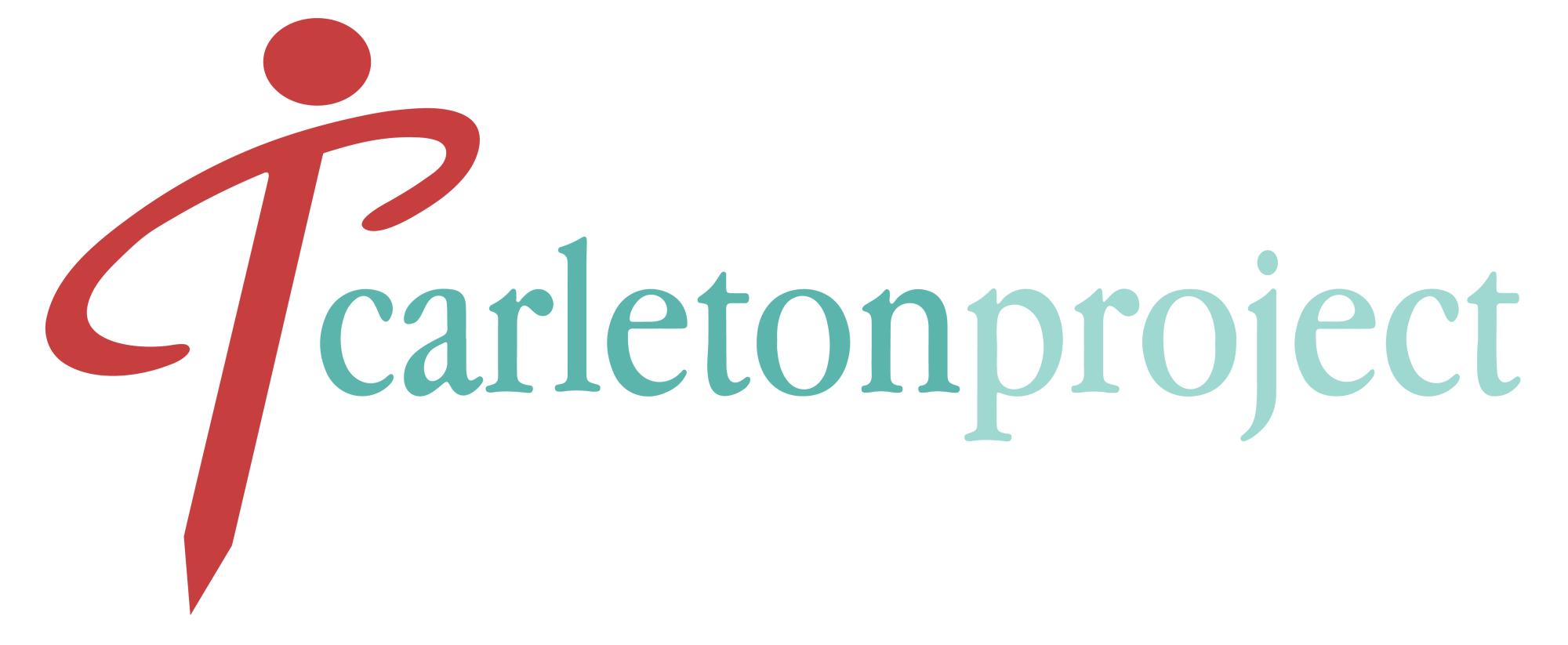Our Approach
Engaging Minds
PBL at Carleton Project immerses students in authentic tasks, fostering critical thinking, creativity, and problem-solving skills that last them well beyond high school.
Empowering Students
Our approach empowers students to take ownership of their education by tackling meaningful projects that connect classroom knowledge to real-world applications.
Transforming Education
Project-Based Learning transforms traditional education by engaging students in collaborative, hands-on projects that inspire curiosity and lifelong learning.
Project-Based Learning
Project-Based Learning (PBL) is an educational approach that transforms traditional learning by placing students at the center of the learning process. It begins with an engaging, open-ended question or problem that captures students’ interest and sparks their curiosity. Unlike traditional education, where knowledge is often passively received, PBL encourages students to actively explore real-world problems and challenges.
How It Works
At Carleton, our PBL approach kicks off with the student, sparking a thrilling journey of exploration and discovery. We encourage our learners to dive headfirst into topics they are passionate about, creating projects that align with their interests and goals. This student-centered approach fuels intrinsic motivation and a deeper connection to the material, turning education into an exciting adventure.
- Inquiry
- Creation
- Collaboration
- Presentation
- Assessment
In a PBL classroom, everything begins with a big question and some serious digging. Students jump into research, checking out books, online resources, and even chatting with experts to get the scoop on their topic. This step is all about building a strong foundation, helping them plan and figure out their strategy.
Once they’ve got their groundwork set, it’s time to create. Students, either solo or in groups, dive into making something real – be it a product, performance, or presentation that tackles the original question or problem. This hands-on phase is where the magic happens, as they apply what they’ve learned and develop new skills.
Collaboration is a big deal in PBL. Throughout the project, students team up with peers, teachers, and sometimes community members. They get constant feedback to help them tweak and improve their work. This back-and-forth ensures that the final result is top-notch and that they really get the material.
Presentation and reflection are key parts of PBL. Students share their projects with an audience, whether it’s classmates, teachers, or folks from the community. This moment of showing off their hard work not only boosts their confidence but also hones their communication skills. Afterward, they reflect on their journey, thinking about what they did well, the bumps along the way, and how they can do even better next time.
Assessment in PBL is multifaceted. Teachers evaluate students based on various criteria, including their understanding of content, creativity, collaboration, and presentation skills. This comprehensive assessment approach helps students recognize their strengths and areas for growth, promoting continuous improvement.
Projects
Our offerings are always expanding and evolving, keeping up with new ideas, emerging technologies, and the ever-changing interests of our students.
